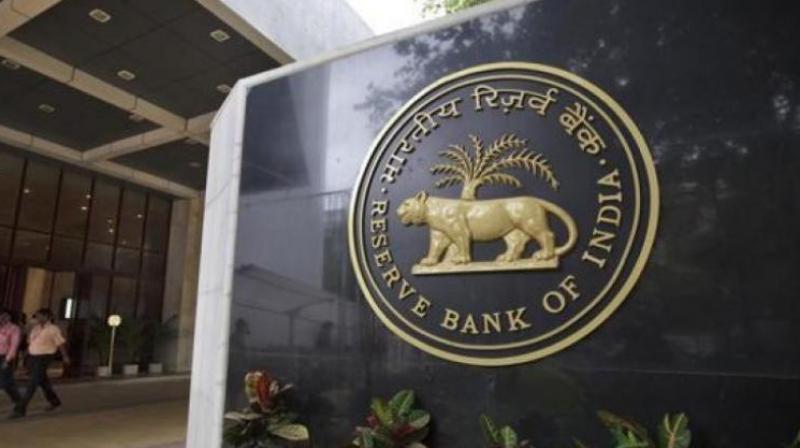RBI lets rates unchanged, forecasts lower inflation
“On balance, we decided to remain watchful about the unfolding of these risks as well as the impact on inflation of the forthcoming revision in MSP'.

Mumbai: The Reserve Bank of India (RBI) on Thursday kept its key policy rate unchanged, but lowered its inflation projection for FY19 reducing the odds of an interest rate hike in the near term.
In its first bi-monthly monetary policy review meeting of FY19, the monetary policy committee (MPC) also maintained a bullish outlook on growth citing strong revi-val in investment activity.
However, RBI reiterated its neutral stance on its policy outlook due to several uncertainties surrounding the baseline inflation path including the revised minimum support price (MSP) announced in the budget and the possible fiscal slippages at the level of both centre and states.
“There was an important intra-year turning point, most notably the investment demand accelerated in the second half of 2017-18 and the recent high frequency indicators point towards further strengthening with capital goods products registering a nineteen month high growth in January this year. Industrial activity has rebounded and become broad based while services sector has showed resilience and expanded throughout the year,” said Urjit Patel, governor, RBI, which has projected a GDP growth of 7.4 per cent in FY19.
On domestic inflation, the MPC noted that the actual inflation outcomes in January-February averaged 4.8 per cent, largely reflecting the sharp decline in vegetable prices and significant moderation in fuel group inflation. With the sharp moderation in food prices in February-March, the inflation trajectory in the first half of FY19 is expected to be lower than the projection in the February statement, RBI said.
On the flip side, MPC noted that external demand could be adversely impacted if crude oil prices persists at elevated levels or even increase and trade protectionism intensifies.
“On balance, we decided to remain watchful about the unfolding of these risks as well as the impact on inflation of the forthcoming revision in MSP, second round impact of house rent allowances by various state governments and fiscal slippages,” added Mr Patel.

